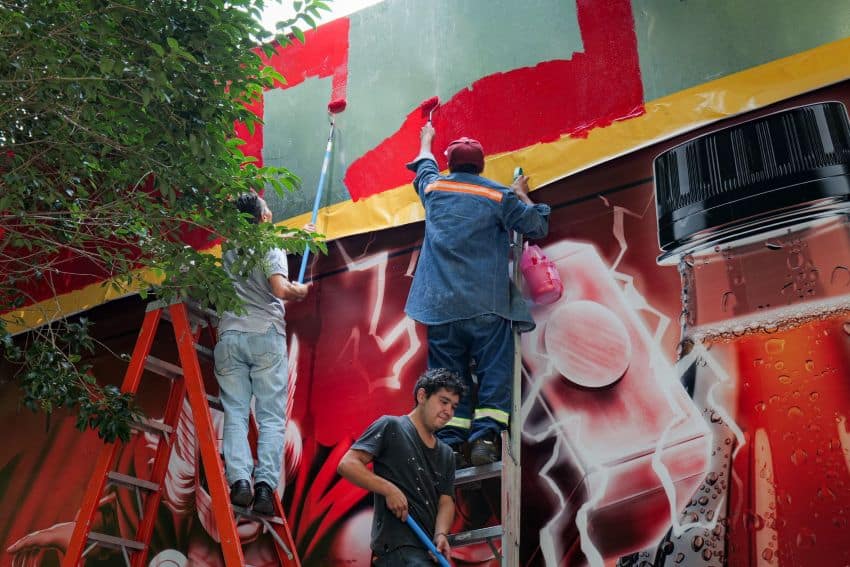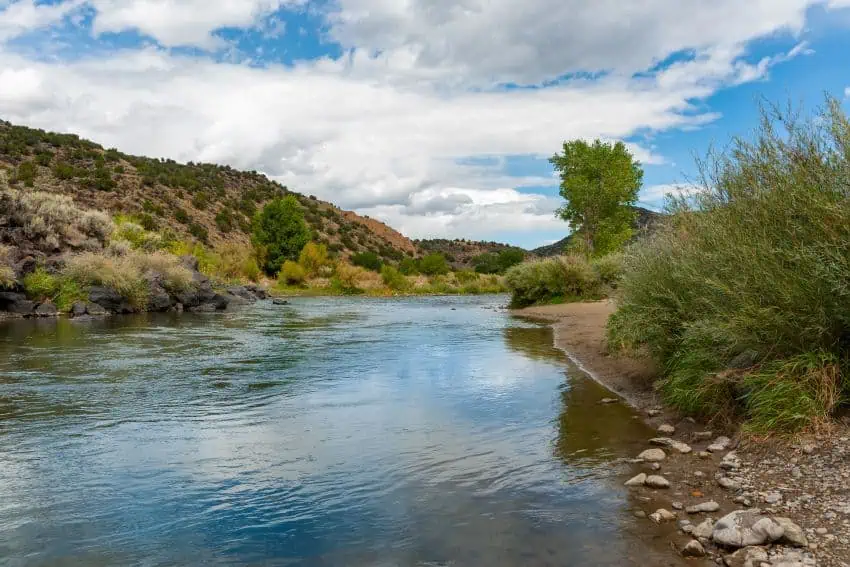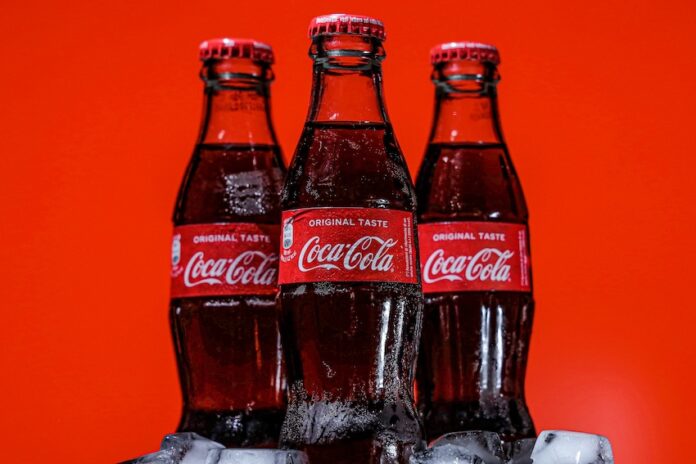When you’re big, you get attention, both positive and negative.
Coca-Cola receives an incredible amount of positive attention and market reinforcement, actually, given the amount of harm they do.

I mean, there’s quite a bit to say about it negatively. It’s bad for us, which we all know: bad for our teeth, bad for our bodies. It’s too big: You’ve got at least a 50% chance that the drink you buy at a tiendita is made by the Coca-Cola company. It’s also, as we know, a big, big consumer of natural resources, particularly water.
Coca-Cola is a favorite worldwide villain. “The dark waters of imperialism,” some say. So it’s nice to see that they’re at least putting on a show of behaving.
Honestly, I have my doubts, unless the government truly does stay on top of them. I’m sure the government’s intentions are to do just that, but you’ve got to admit, there’s always a lot of competition for our top officials’ attention.
Still, I’ll concede to Coca-Cola that they have done some good things to make up for, well, their existence in the first place. According to the article cited above, it’s helped establish water collection systems in over 700 schools, for example.
Well, good. We’ve certainly all given them enough money to get all kinds of infrastructure off the ground. But the company’s number one priority is not to “do good.” It’s to make money and stay in business — to keep making more money — which is the purpose of any company.
And this company’s profits depend directly on its access to natural resources.

Now, before we go on, a disclaimer: I’ve had many an angry commenter at this paper accuse me of being a socialist. And I am! I claim it. My lifetime has been one gigantic museum of the results when guardrails meant to keep people safe from unbridled capitalism are removed.
Pay a living wage? Ha! Benefits? Pensions? Triple ha! Getting corporations to protect the natural environment they rely on extracting from to make a profit is even more laughable. And believe me, you haven’t felt power until you’ve threatened a major company’s ability to make money.
Remember that Joni Mitchell song? “They took all the trees / and put ’em in a tree museum / Then they charged the people / a dollar and a half just to see ’em.” For companies like Coca-Cola, privatizing access to natural resources and then selling it back to us mixed with delicious, addictive poison is literally their business model.
And oh God, are we addicted. Mexicans love Coke. I love Coke. It’s like an abusive boyfriend I can’t stay away from. None of us can, actually: Mexico has the highest per-capita average consumption in the world at a whopping 160 liters per year! Being saved from ourselves is literally the only way at this point.
MLK Jr. was right: “We know through painful experience that freedom is never voluntarily given by the oppressor; it must be demanded by the oppressed.”
In other words, the powers that be don’t spontaneously decide to behave; they have to be forced.
I was heartened to read about, then, the National Water Plan, which aims to do precisely that. Among the actions are:
- A review of the water concessions (rights to specific sources of water) with the aim of taking back what’s not being used. For a truly chilling look at how much water private corporations use in Mexico City, have a look here.
- An inspection program to help detect “illegal, improper, and wasteful” use of water. Honestly, I’m not sure how this part is going to work. Will going to authorities be more effective than all the other times one might go to the authorities? But, hey, I’m prepared to be surprised.
- Changing the law to ensure that water concessions can’t be sold. “You are not allowed to make this water that’s for everyone into a business” seems pretty fair to me.
- New irrigation technology to ensure that the vast amount of water needed for agriculture is used as intelligently as possible.
- Infrastructure projects like dams and aqueducts. If they’d asked me, I’d have said “Plus, let’s have government subsidies for all housing units in the country to install water catchment systems, please, please, please!” They haven’t asked me, but I’m ready if they do.
- Cleanup initiatives, with special focus on the water supplies we have now that could use a good scrubbing.

One of the things I love about Mexico is that it’s not afraid to make institutions that exist solely to make a profit mad. It begins on principle and goes from there.
It starts at the most basic values: “Should our most precious resource, which rains from the sky, only belong to those who pay for it?”
Obviously, the answer is no. Water is a human right, period.
It grows from there. “Are there any parties taking more than their fair share of water, leaving others without?” Oh, yes.
So, good for Claudia for bringing this issue to the forefront.
If there’s anything that you shouldn’t have to have money to get, it’s water. What will they want to start charging for next — air?
That’s a joke, but I feel pretty certain that if it were possible, someone would do it.
In the meantime, I think we’re off to a good start. In this crazy world, it heartens me to see some governments acting logically and for the greater good rather than the greater profit.
And while Coca-Cola might be evil, it’s not dumb; it knows that its choices in one of its biggest markets on earth is to either play by our rules or not play at all.
I’m glad we’re forcing them to behave — kind of.
Sarah DeVries is a writer and translator based in Xalapa, Veracruz. She can be reached through her website, sarahedevries.substack.com.
